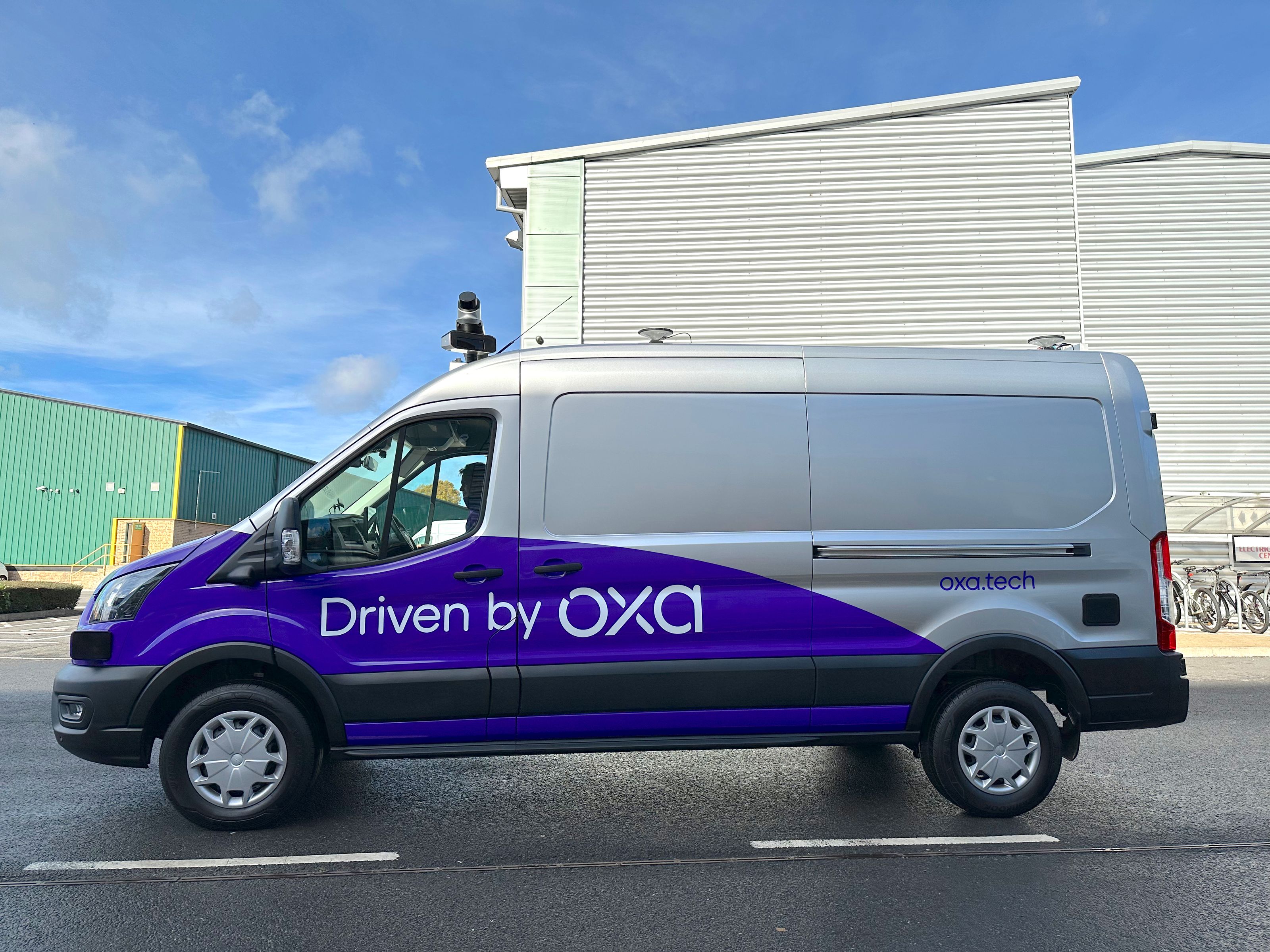AV Bill Royal Assent Response

By Jamie Hodsdon
Global Head of Regulatory and Public Affairs, Oxa

Key thoughts:
The UK Automated Vehicles Act 2024 will help to accelerate British autonomous vehicle developers internationally.
New regulations will ensure proper accountability up and down the AV supply chain, building public and business confidence.
With greater regulatory certainty, investment in AVs in the UK is even more compelling as it’s easier to model risk/reward with clear tech targets.
The Government should consider how to create market conditions and incentives that support the use of autonomy in meeting long-term efficiency, connectivity and climate change-related goals for people and goods movement in the UK.
- Allied to the National Infrastructure Commission’s work on how to create a favourable AV infrastructure environment, thought must be given to a ‘Buy British’ strategy for advanced technology.
- This will accelerate ambitions set out in the UK International Technology Strategy for the UK to be a top 3 global innovator.
- Incentives such as those offered to other green tech innovation such as clean energy can also be considered, particularly for shared mobility autonomy.
- The Government gave £150m in Nov 2023 to support connected and automated mobility investment which was a good start.
The Government must also encourage more higher education courses offering AV skills, such as maintenance and development, easing the transition to a more advanced skills economy.
UK Leadership on the Global Autonomous Vehicle Stage
It’s phenomenal to see the Automated Vehicles Bill receive Royal Assent and become the Automated Vehicles Act 2024. This is a significant breakthrough in the UK's progress to deploying self-driving vehicles on UK roads. The Act is a world-leading piece of legislation, more comprehensive in scope and clearer in requirements than any other jurisdiction has enacted.
The Act has two main impacts. First, it will create new legally accountable roles for the automated vehicle supply chain - including how safety responsibility is apportioned. Second, by defining risk accountability, the technology becomes more attractive to investors as developers have clear targets that systems must meet to be approved. Both these elements will build business and public trust.
Oxa is already an exporter of self-driving software through its passenger shuttles partnership with US autonomous vehicle services provider Beep. However, the Act can further accelerate Oxa, and others, on the international stage as it will be a guiding global light on the highest levels of safety, accountability, and AI decision-making explainability. An intelligent regulatory approach is how the UK can lead on safe autonomy into the next decade.
There's still a lot to do to get regulations ready by 2026, but the wider industry can be confident autonomous technology is a reality and can turn into commercial deployments soon. And, as we start to develop regulations, we also need to think carefully about how to deliver the technology to the communities that need it most; areas where the technology can achieve societal goals such as reducing congestion and emissions and giving drivers a desirable alternative to private vehicles.
We’ve already welcomed the work being done by the National Infrastructure Commission, led by Chair Sir John Armitt, as that can lay the groundwork for physical environment changes that will help AV deployment. Beyond that, there is an opportunity for the Government to create domestic market conditions that accelerate UK autonomy technology on the world stage; a key need if the country is to meet its goal of becoming a top 3 science and technology leader by 2030.
As summed up by Oxa Chief Technology Officer and Automotive Council CAM Champion Paul Newman, we welcome the Automated Vehicle Act 2024 as it can accelerate developers like Oxa and deliver far broader benefits for the country:
“The immense work put in by the DfT, the Law Commissions and CCAV in crafting the Automated Vehicles Bill has helped it pass into law with the strongest cross-party backing. We now have autonomous vehicle (AV) legislation which is more comprehensive in scope and clear in its requirements than in any other country.
“The Act gives the UK new momentum as developers like Oxa will need to comply with the world’s most comprehensive autonomous vehicle laws to deploy technology in vehicles here. Meeting the highest AV standards will make British companies global leaders with technology that is the safest and AI systems the most trusted - all key to building business and public trust in autonomy globally.”
Share this







